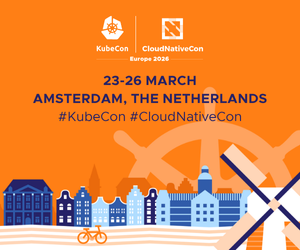OpenAI, the San Francisco-based AI company behind ChatGPT, is getting into e-commerce to diversify its revenue streams. Historically, the company has relied on paid subscriptions for tools like ChatGPT Plus. Now, it will start earning a commission from product sales made directly through its AI chatbot.
The move comes as OpenAI explores how its technology can serve as both a research tool and a commercial platform. According to sources, the company is working on a feature that allows users to buy within ChatGPT itself. In the present situation, users are only sent to outside retailers. This new change would be different.
Partnerships and checkout integration are in the works
To make this happen, OpenAI is deepening its partnership with Shopify, the company that provides checkout solutions across online platforms. Shopify’s technology already powers e-commerce experiences on social media platforms like TikTok, and a similar approach could be coming to ChatGPT.
The feature would allow merchants to receive and fulfill orders directly from the chatbot interface. In return, OpenAI would take a small percentage from each transaction, potentially 2% according to CEO Sam Altman in March. This could be a new revenue stream from the large pool of free users that ChatGPT serves.
While still in development, early versions of this e-commerce feature have been shown to select brands, and talks are ongoing around financial terms.
A growing challenge to Google and traditional advertising
This move puts OpenAI in competition with traditional search engines like Google. As users turn to AI tools to search and discover products, the role of traditional search ads may start to change.
Some ad professionals see this as a disruptor. One industry exec said the presence of AI-driven recommendations in chatbot responses could blow up long-standing digital marketing models, especially paid search. The practice of optimizing content to influence chatbot responses, sometimes called “AIO” (AI Optimization), is already gaining traction among marketers.
This raises bigger questions around transparency, fairness, and bias in AI-generated results. OpenAI says it doesn’t currently consider price or shipping when listing product options, but could in the future.
Personalization and product discovery
OpenAI has been working on improving the memory of ChatGPT so it can remember user preferences and offer more personalized recommendations. Product suggestions are based on a mix of query relevance and contextual cues like user instructions or budgets.
When a user clicks on a product, ChatGPT shows a list of available merchants from third-party metadata. The order of these merchants is determined by the data providers, but OpenAI has said its approach may change as the platform becomes more commerce-focused.
Although the company previously said it had no plans to advertise, CFO Sarah Friar recently told the Financial Times that they are exploring monetization options cautiously. The company’s evolving stance on e-commerce and advertising reflects its shift from a subscription-based business to a revenue-generating one.







